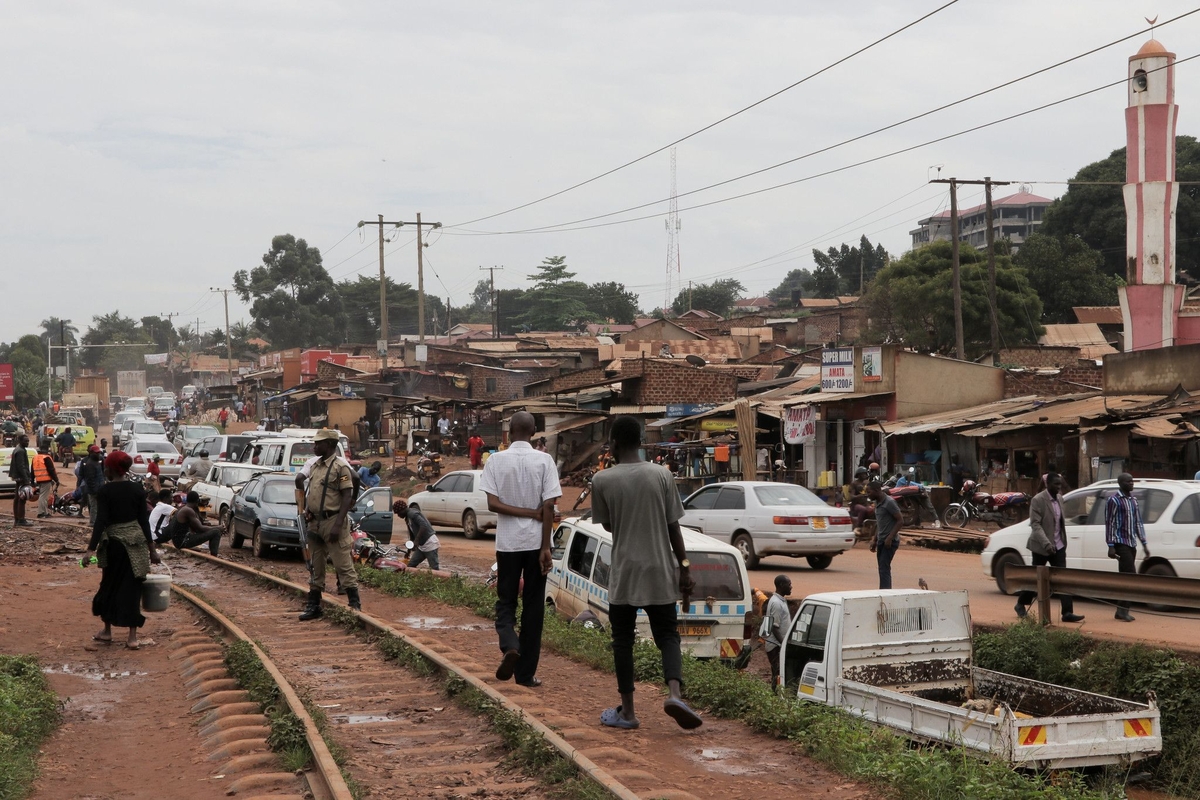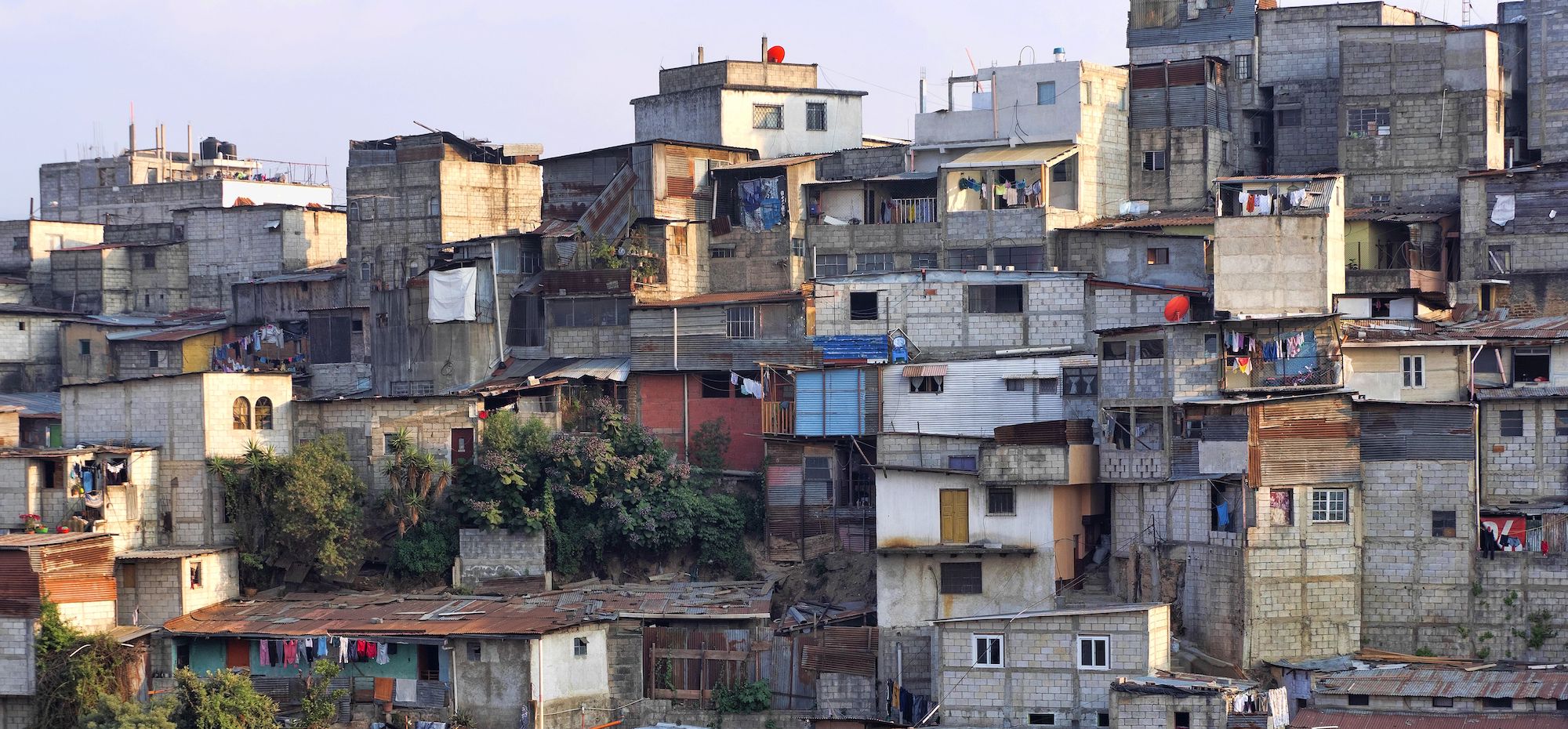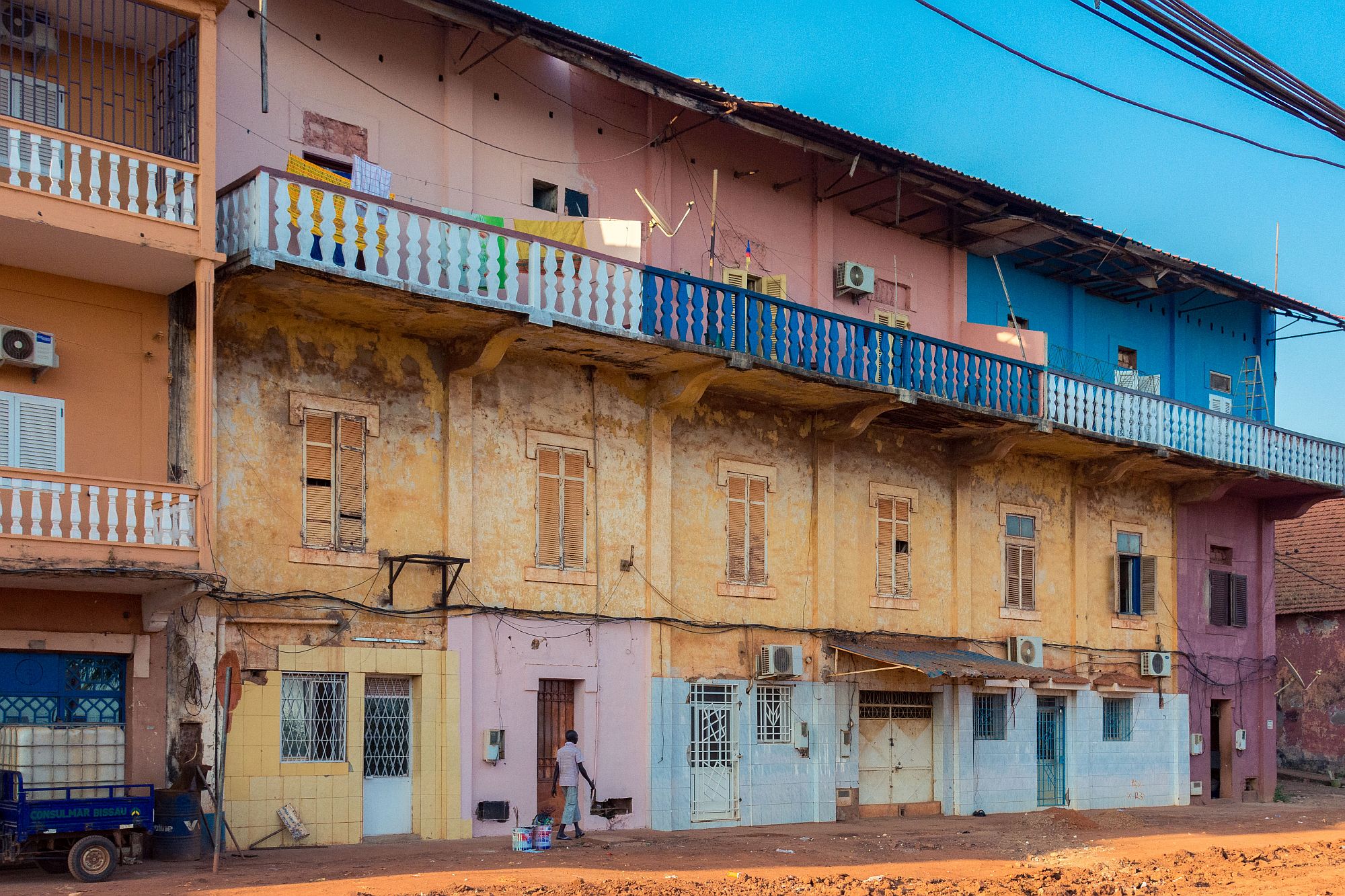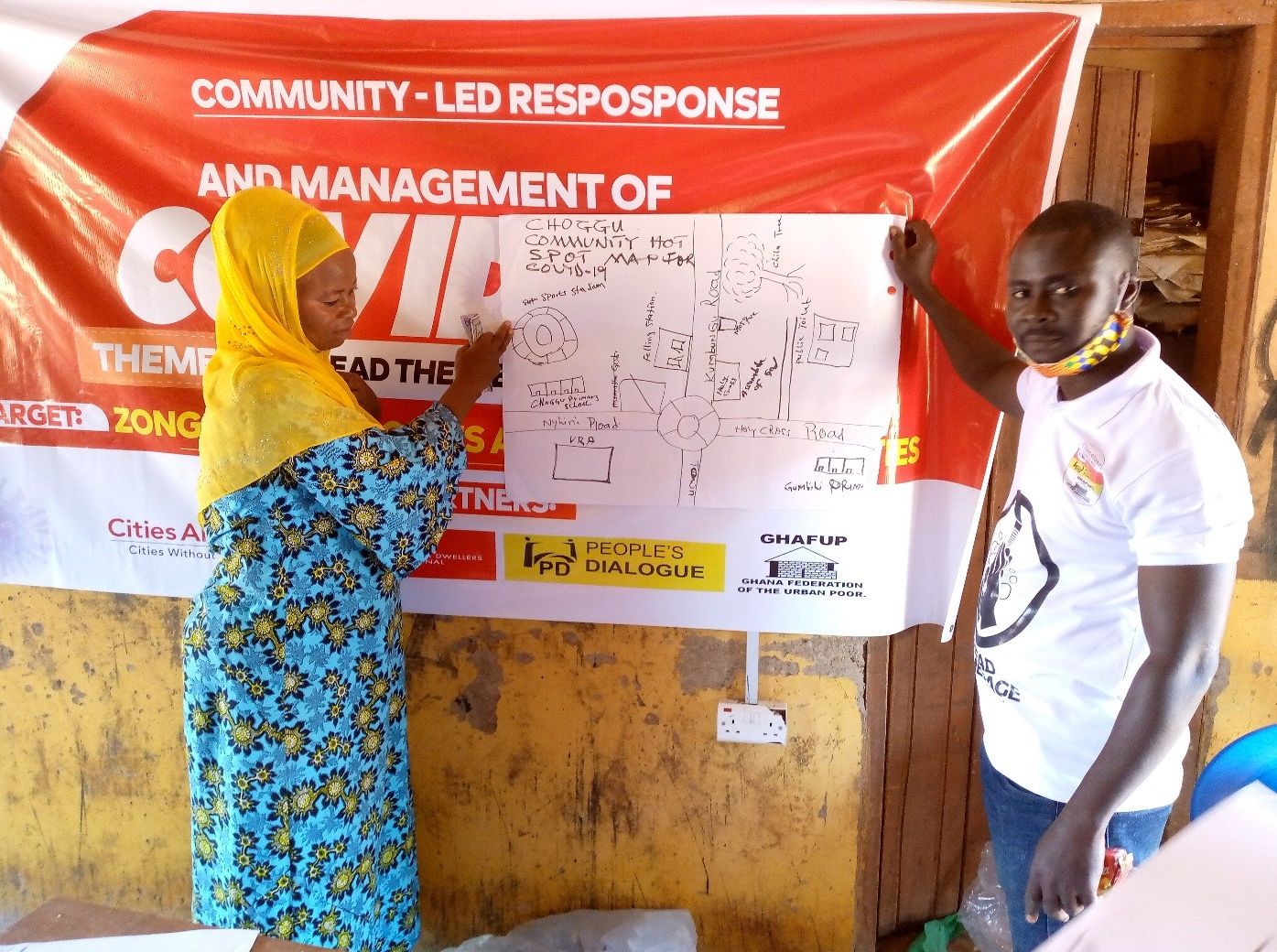Securing the Livelihoods of Households in Informal Settlements Affected by the Kampala-Jinja Expressway
A year ago, Nusula Namutebi, 45, her husband, and five dependents were living in a dingy shack on one meal a day. But that was the least of their fears. Their home, which is located in an informal settlement, is in the Right of Way (ROW) for a government road project. The shadow of relocation loomed large over their daily lives.
Before, I was not in a good situation. I would worry about what to eat and school fees. I was selling at a food kiosk, but even my business was not doing well.
In May 2020, Nusula enrolled in relocation planning and business enterprise training to help boost her food business and turn around her fortunes. The training was implemented by the AVSI Foundation as part of the Kampala-Jinja Expressway No One Worse Off (KJE NOWO) project.
When I attended the training, I learned how to run a business and save. We formed a SACCO with my neighbours where we save daily and get some money back every month. From the group, I bought and now keep goats.
Previously, her weekly income stood at $19. Today, thanks to the skills acquired and confidence gained, Nusula scaled up her business selling sugarcane and matooke to include maize, and she now earns $57 a week. Now her family has three meals a day. Because of support from the project, Nusula is better prepared to relocate and carry on her business.
The KJE NOWO project is empowering the most vulnerable households from Kampala’s informal settlements in the right-of-way to adapt to the reality of relocation resulting from the construction of the KJE. The 95-km highway is part of the northern trade corridor from Mombasa that is expected to boost trade between Uganda, Rwanda, Burundi, and Tanzania.

The construction is expected to affect over 100,000 people. Most of them live in the Kasokoso and Kinawataka informal settlements, and Nakawa Market in the Kampala and Wakiso districts.
Cities Alliance is leading a consortium comprising of the Ugandan Ministry of Lands, Housing and Urban Development, Slum Dwellers International (SDI), Platform for Vendors Association (PLAVU), and AVSI Foundation to implement the project with funding from the European Union, in partnership with Uganda National Roads Authority (UNRA). The project aims to facilitate a smooth relocation of affected communities following global safeguard standards.
Following International Finance Corporation (IFC) standards, AVSI has so far reached 190 vulnerable households (1,282 people, of which 671 are female and 611 male). This is out of 300 targeted (1,500 people) to be displaced by the expressway from the informal settlements of Kasokoso, Kito B, and the neighbouring villages. The most affected households lack legal status to land and are poor, female/widow/single-headed households, and persons with disabilities.
Of the households reached, 90 underwent business training and are being linked to commercial banks for individual financial management training access to financial services. Also, the project identified 108 informal traders for support to develop business relocation plans and enrolled them in business enterprise training.
In Kasokoso, Sumaya Kayaye, 36, an informal trader and mother of eight, says that the project support has helped her plan and increase her income from less than a dollar a day to two dollars. She adds that the AVSI training enabled her to appreciate the value of saving for the relocation.
I can now work from anywhere. I would not have managed [after relocation] because I did not have the knowledge and ideas that learned. But ever since the project came along, I have gotten the knowledge and I am now able to figure out each and everything. Before the training, I didn’t know how to keep records of money and I ended up losing it.
Do you see where I’m seated? I must replace all that you see here including my home and plan for my family too. I used to undermine small paying jobs and little money I also used to recklessly spend. But I have learned how to plan from the project and that is why I have managed to advance my business. I am ready for the next step, said Nasser Sssemambo, 41, a mason with a brickmaking business and father of eight.
Out of the 190 households reached so far, 183 have been supported with relocation planning; 90 in apprenticeships; 116 in life-skills training; 161 with Selection, Planning and Management (SPM) training; 85 with temporary consumption support; and 32 with financial literacy training. Some 158 home visits have been conducted and 54 informal traders supported.
As the KJE NOWO project nears completion in 2021, Nusula, Sumaya and Nasser and hundreds of informal settlers have renewed optimism that their relocation will not be the end, but rather an opportunity to thrive. They are ready to move on, better off than they were before.




